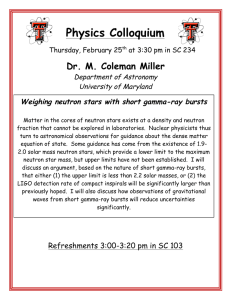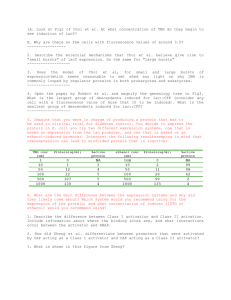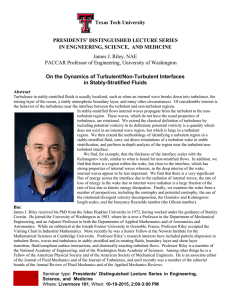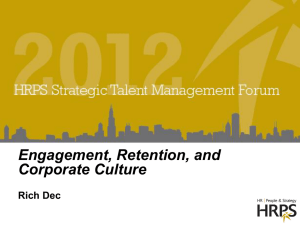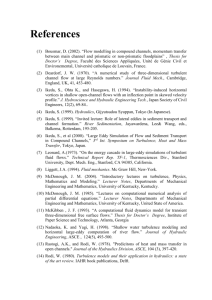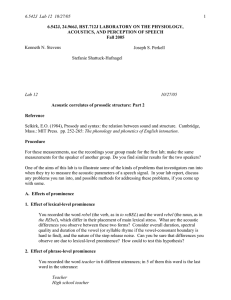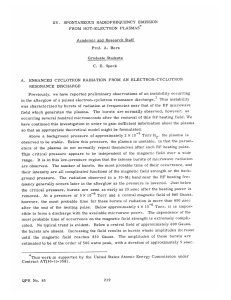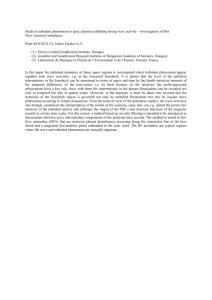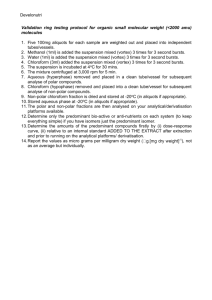How big is the Universe? WHAT WILL BE ITS FATE?
advertisement
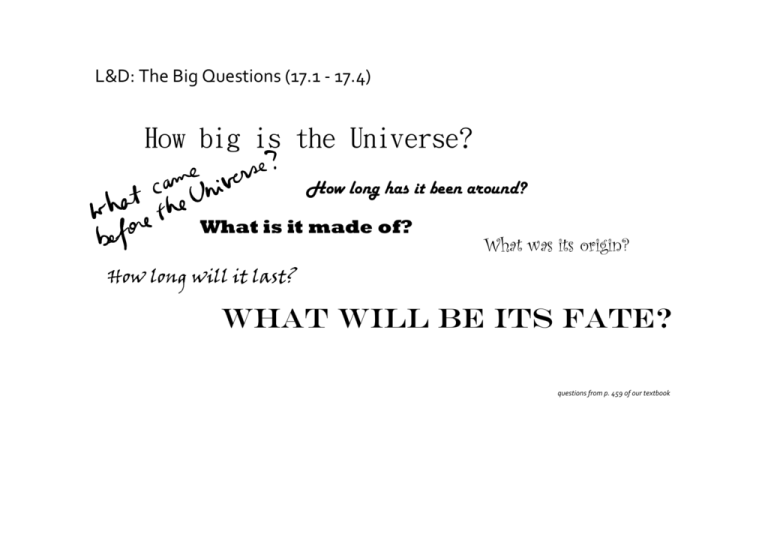
L&D: The Big Questions (17.1 ‐ 17.4) How big is the Universe? How long has it been around? What is it made of? What was its origin? How long will it last? What will be its fate? questions from p. 459 of our textbook University of Minnesota School of Physics and Astronomy Calendar of Colloquia and Seminars Week of Monday, January 4th 2016 Wednesday, January 06th 2016 THESIS DEFENSE ‐ 10:00 am ‐ PAN 120 Speaker: Chen Hou, University of Minnesota Subject: One‐dimensional turbulence model of PRE bursts. This is the public portion of Mr. Hou's thesis defense. His adviser is Alexander Heger. A Type‐I X‐ray burst is the thermonuclear runaway that occurs on the surface of a neutron star in a binary system. Studies on these bursts are of great importance for understanding neutron stars, nuclear reactions and the equation of state of dense matter at low temperature. I will discuss a subset of X‐ray bursts, photospheric radius expansion (PRE) bursts, that is powerful to lift up the photosphere of the star with the simulations based on a new 1D turbulence model, ODT. The model is different in that the turbulent motion is implemented according to a stochastic process and an eddy event is represented by a measure‐preserving map. I will compare the light curve and turbulent motion development with a KEPLER model in which the traditional mixing length theory is applied. slice of the picture from the Sloan Digital Sky Survey (SDDS) showing: homogeneity & isotropy LO1a: State the cosmological principle. LO1b: Explain its significance and observational underpinnings. LO2b: Explain why the night sky is dark.
